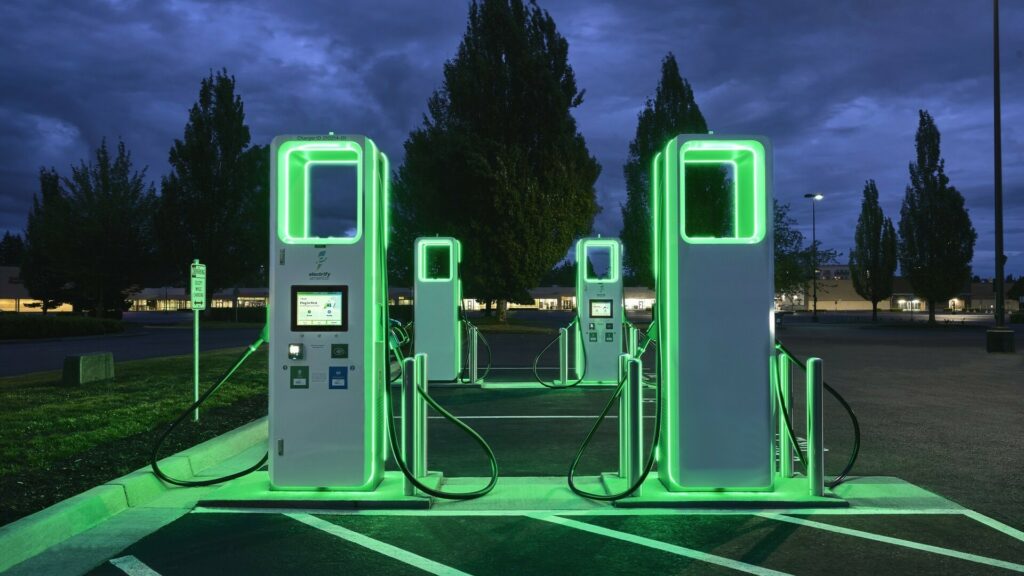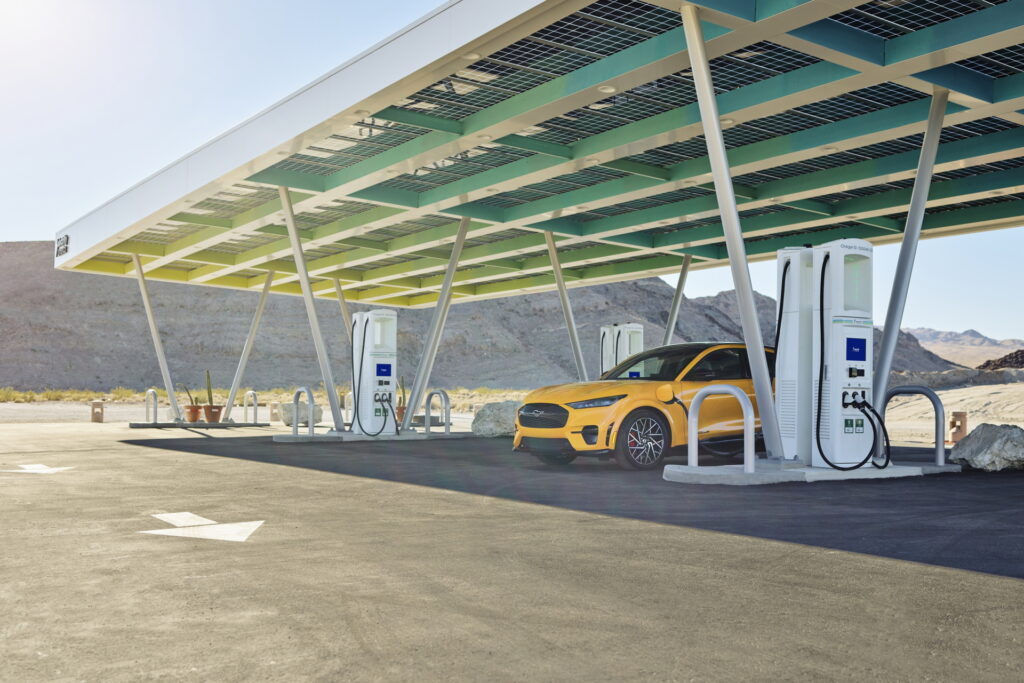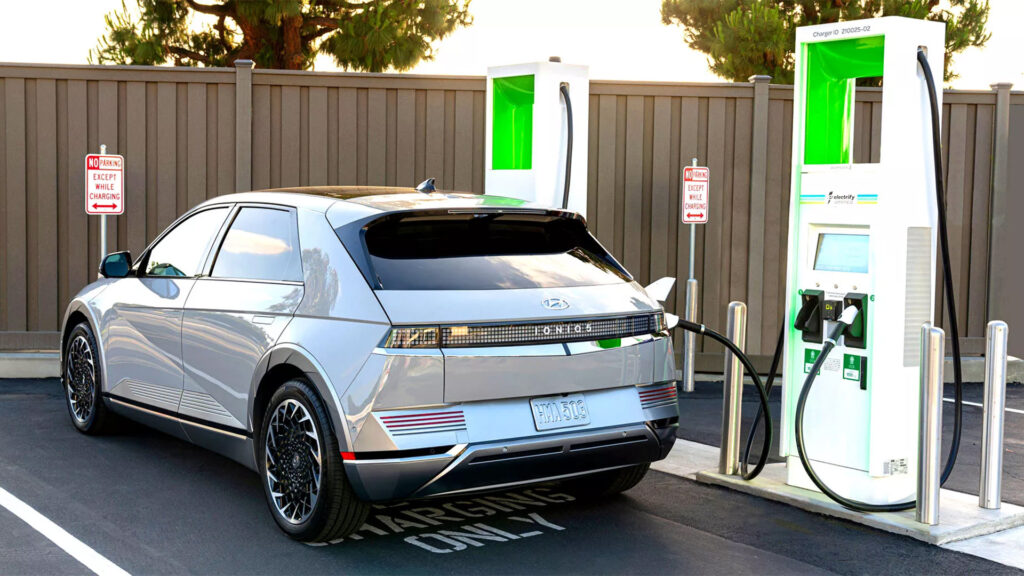The Biden administration is committing $2.5 billion over five years to increase the number of EV charging stations.
The new Charging and Fueling Infrastructure (CFI) Discretionary Grant Program introduced through the U.S. Department of Transportation will provide $2.5 billion to applicants, including cities, counties, local governments, and Tribes to introduce EV charging stations.
The new program builds on the $5 billion National Electric Vehicle Infrastructure (NEVI) Formula Program already introduced by the Biden administration. Whereas the NEVI Formula Program will allocate money to states, Puerto Rico, and DC to build EV charging infrastructure along interstates, U.S. routes, and state highways, the CFI Discretionary Grand Program awards grants to projects that will fill gaps in the national charging network.

The new program has a particular focus on bringing EV charging into urban and rural communities, downtown areas, and local neighborhoods, especially various underserved and disadvantaged communities. The President ultimately plans to build out a national network of 500,000 public EV charging stations by 2030 and cut national greenhouse gas emissions by 50-52%.
“By helping bring EV charging to communities across the country, this Administration is modernizing our infrastructure and creating good jobs in the process,” U.S. Transportation Secretary Pete Buttigieg said in a statement. “With today’s announcement, we are taking another big step forward in creating an EV future that is convenient, affordable, reliable, and accessible to all Americans.”
Read: U.S. Must Quadruple Number of EV Charging Stations By 2025, Report Claims
The program will be divided into two categories. First, the Community Program will provide $1.25 billion to deploy EV charging, hydrogen, propane, and natural gas fueling infrastructure in communities while the Corridor Program will provide $1.25 billion to deploy charging and fueling infrastructure along designated alternative fuel corridors.
“FHWA is committed to helping towns and cities, large and small, build modern, sustainable infrastructure that promotes equity and opportunity for their local economies and net-zero emissions for the nation by 2050,” added Federal Highway Administrator Shailen Bhatt. “By encouraging the adoption and expansion of EV charging and alternative fuels, CFI Program investments have the potential to significantly address the transportation sector’s outsized contributions to climate change.”




